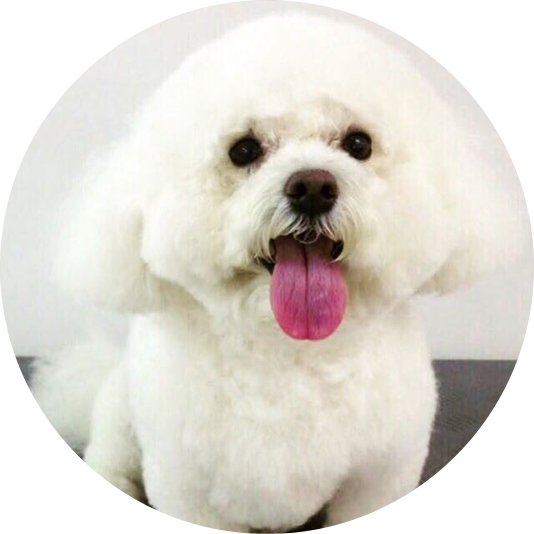What plants are poisonous to a cat?
Do you love to be surrounded by greenery and vegetation, but you have a cat at home? Cats and flowers, unfortunately, are usually not a good combination - many popular houseplants are poisonous to cats. So, when you have a cat at home, do you have to completely give up flowers in your surroundings? Which plants should you watch out for?
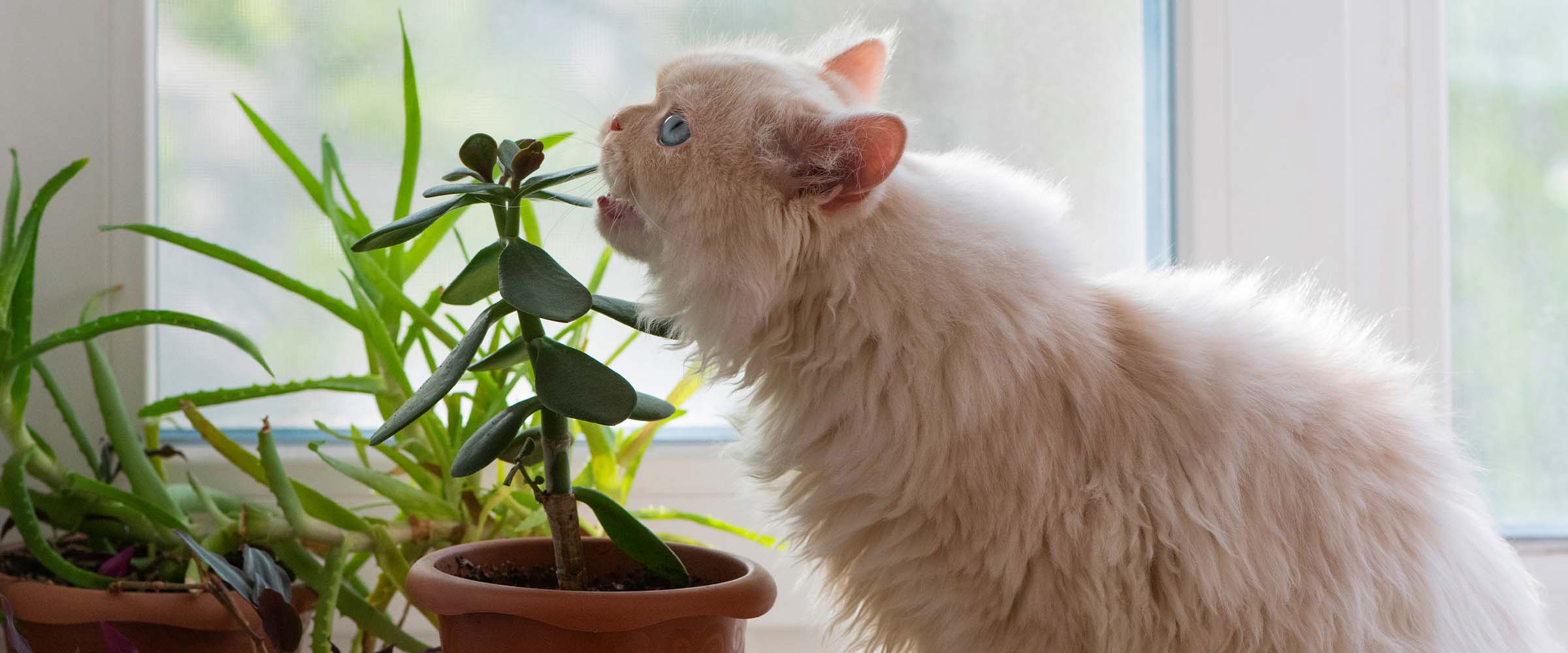
Why are poisonous cat plants such a big problem?
A plant in an elegant pot standing on the windowsill is attractive not only to us. While the human will appreciate the visual aspect, the green plant in the pot interests the cat in several different ways. First of all, cats are attracted by the green colour of the leaves, which they associate with grass. A blade of grass is a great way for cats to cleanse the digestive system or alleviate digestive problems - the cat's stomach is unable to digest the blades, which either passes intact through the digestive system or is returned with stomach contents when sufficiently irritating to the organ's walls.
Plant defence mechanisms
Plant toxicity is one of their protective mechanisms. The chemical substances contained in their structure are to protect plants in nature from being eaten. A harmful substance in plants becomes a threat when it enters the pet's body. You don't have to give up the beautiful monstera deliciosa (unfortunately poisonous to cats), as long as you put it out of the reach of your cat. Unfortunately, cats are not equipped with any defence mechanism that would allow them to distinguish a poisonous plant from a plant that is safe to eat. That is why as a cat owner you must ensure that the harmful vegetation does not end up in the mouth of the unaware cat.
Effect of poisonous plants on cats
Plants that are dangerous to the cat can harm it in several ways. Some of the toxins contained in plants have a nephrotoxic effect, i.e. they destroy the kidneys; another group of harmful substances will have a hepatotoxic effect, i.e. destroy the liver, resulting in its failure. Plants containing cardiotoxic substances that destroy the cat's heart are very dangerous for domestic cats (among the plants containing such substances there is the well-known and popular avocado). Flowers that are harmful to cats may contain neurotoxins that will wreak havoc on the nervous system, but there will also be ones that contain blood-toxic hematotoxins. Poisonous cat plants that contain ototoxins will, on the other hand, damage structures within the cat's ear.
How can you tell if your cat has eaten poisonous plants?
Pay attention to how your cat behaves after eating the plant. Cats most often suffer loneliness, so if a cat experiences pain after eating a poisonous plant, they can be withdrawn and look for a secluded place to rest. Check that it is not hidden in its cat lair. Poisoning can make the cat apathetic, lose its appetite and refuse to drink water, which can only worsen its condition.
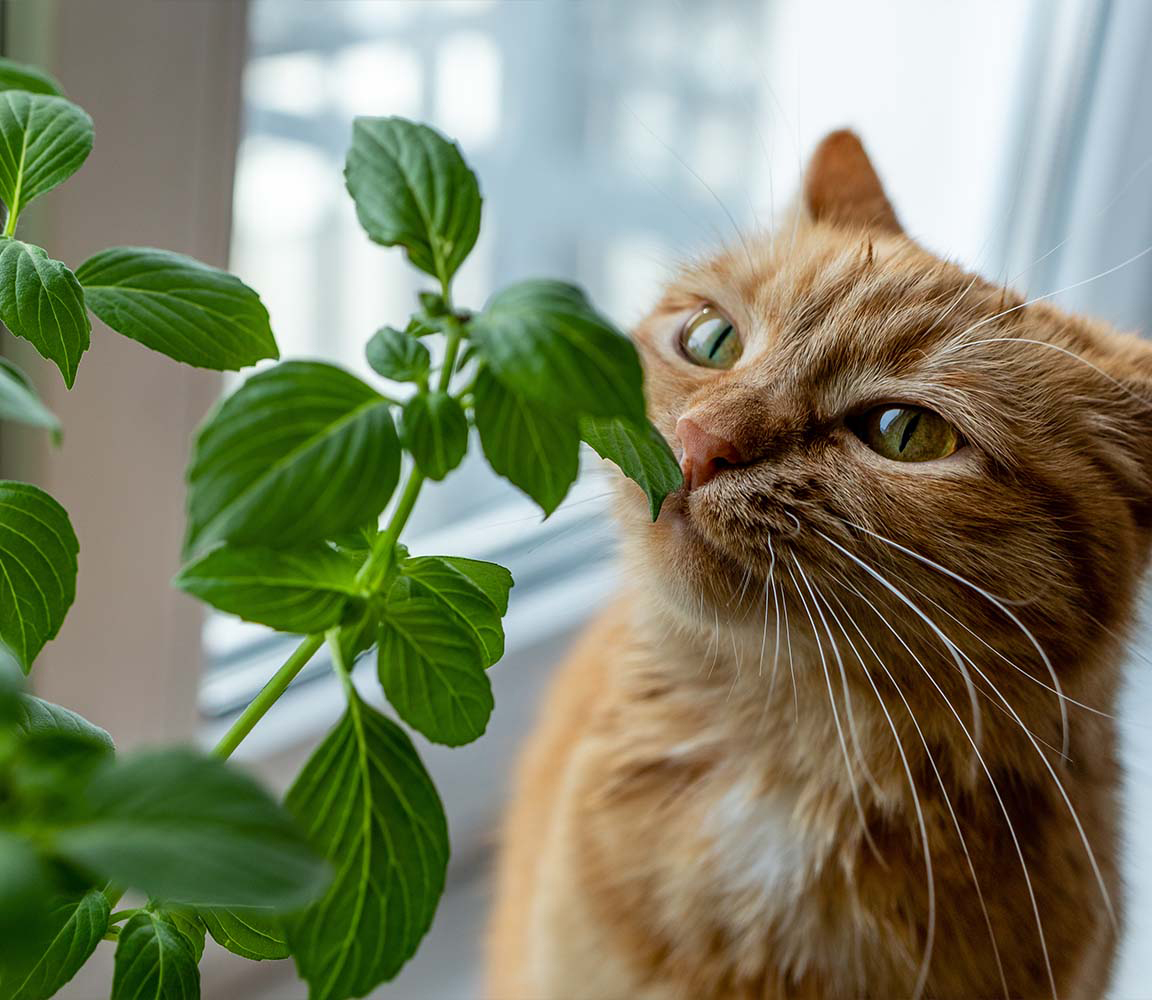
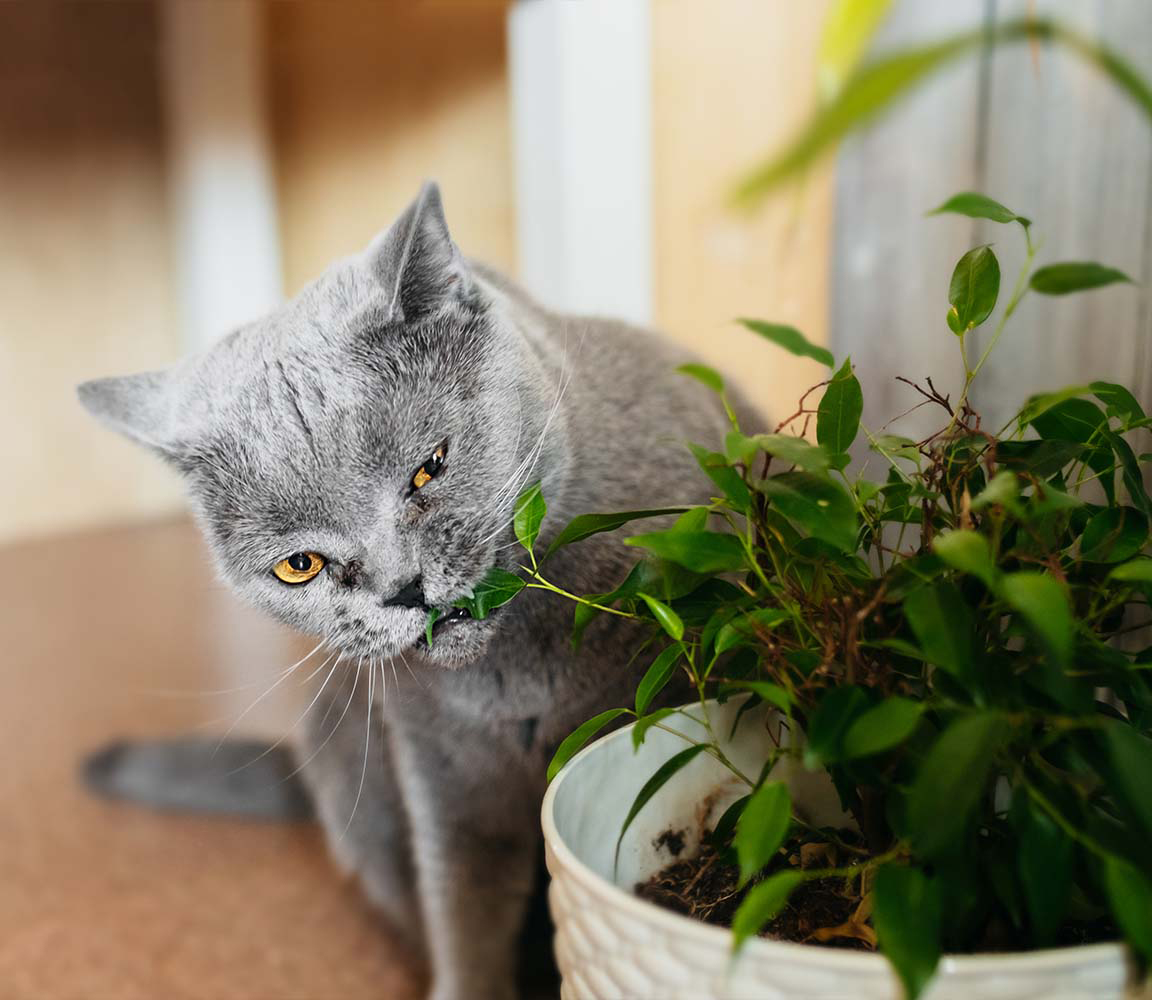
What flowers are poisonous to the cat?
How harmful it is to the animal's organism depends on the amount and type of substance contained in the plant. Plants with very high toxicity should not be in the cat's environment at all, and if you absolutely want to have them in your home, your cat must not have access to them at all. A cat scratcher will be a great activity for your little pet and will draw attention away from the plants.
Highly toxic plants that are poisonous to the cat
Azalea, clivia, lilies and oleander are very toxic. Each of these plants is potentially life-threatening if consumed. Azalea and oleander can lead to arrhythmias and abnormal heartbeat. Lilies, in addition to diarrhoea and vomiting, have a detrimental effect on the functioning of the kidneys and can lead to kidney failure. Should your cat ever eat a lily, don't wait, take it to the vet for a checkup immediately. Symptoms of poisoning may not appear until 24 hours. When eaten by a cat, clivia will irritate the mucous membranes, may cause gastrointestinal bleeding, kidney and liver damage.
The catastrophic consequences may be the consumption of monstera or other philodendrons and cyclamen by the cat (in both cases the cat's life is at risk of consuming a large amount of the plant). Ingested monstera in small amounts can lead to difficulty breathing and swallowing, drooling, muscle spasms, and a little cyclamen can cause diarrhoea and vomiting, and drooling.
The list of highly toxic plants for cats includes aloe vera, alocasia, ivy, ficus, pheasantfly, and annual peppers. Consumption of these plants may cause mouth, skin and mouth irritation. Aloe is irritating to the intestines, can cause severe vomiting, drowsiness, difficulty in moving, and even convulsions when consumed more.
Moderate and low-poisonous flowers for the cat
Moderately poisonous plants for a cat are aglaonema, anthurium, dieffenbachia, dracaena, Epipremnum, kalanchoe and croton. They may cause mouth irritation, drooling, vomiting, irritate the mucous membranes, irritate the stomach, cause diarrhoea and lead to a lack of appetite. It can be dangerous to eat kalanchoe - this succulent can cause breathing difficulties, convulsions and even paralysis.
Plants such as ciboras, cicasas and Szeflera belong to the group of low toxicity, which mainly induces vomiting and diarrhoea in cats, although they can also irritate the skin, and cycas poses a risk of damage to the central nervous system.
Be careful what you decorate the house with for the holidays. The popular Bethlehem star, otherwise known as poinsettia, can cause irritation of the mucous membranes, drooling, diarrhoea and vomiting in your cat, and contact with the milky sap of the plant can irritate the cat's skin.
Can artificial plants be dangerous for a cat?
It turns out that for an inquisitive cat, even artificial plants can be very dangerous. Tempted by the green colour of plastic letters, cats may try to nibble at decorative plants or Christmas trees. Here, the main problem will be pieces of plastic that the cat can swallow, but the dyes and chemical compounds contained in the plastic may also be a big threat. A good solution is to hide a few cat snacks in its toys, which will encourage the cat to play in a suitable and safe place.
What to do when the cat eats poisonous flowers?
Do you suspect that your cat might have eaten some of the leaves of the potted plants after eating cat food? If you notice any of the symptoms described, don't hesitate and take your cat to the vet. If you are unsure what plant your cat may have eaten, provide your vet with a list of all plants that your cat may have had access to. Never delay in consulting your vet when you know your cat has gnawed at a house plant. The toxins contained in them can act very quickly and wreak enormous havoc on a cat's body.













_400x400.jpg)
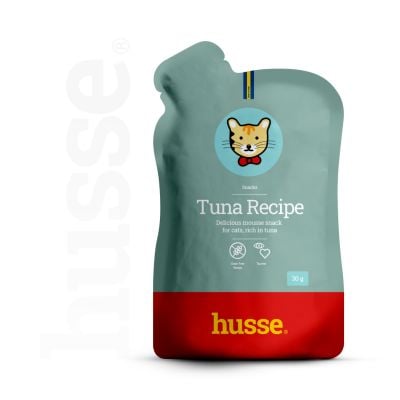
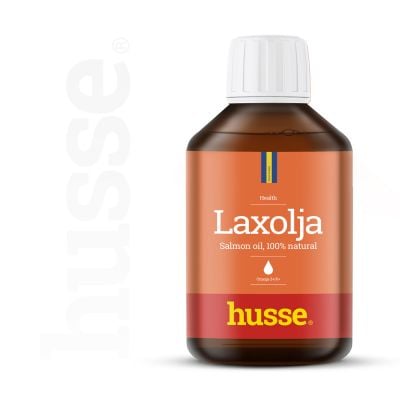
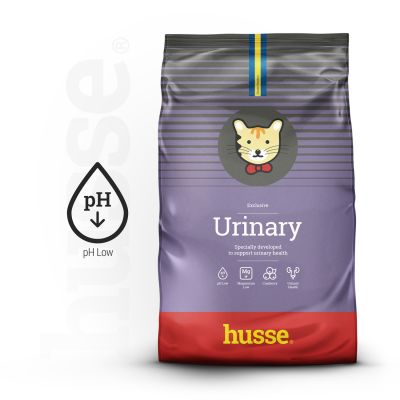
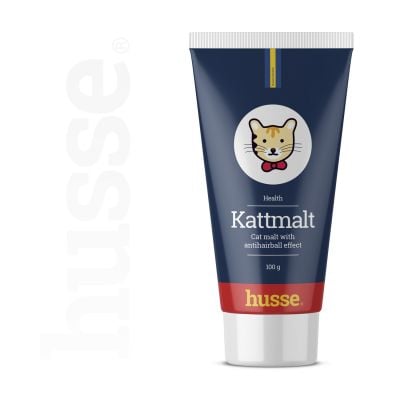

.png)
